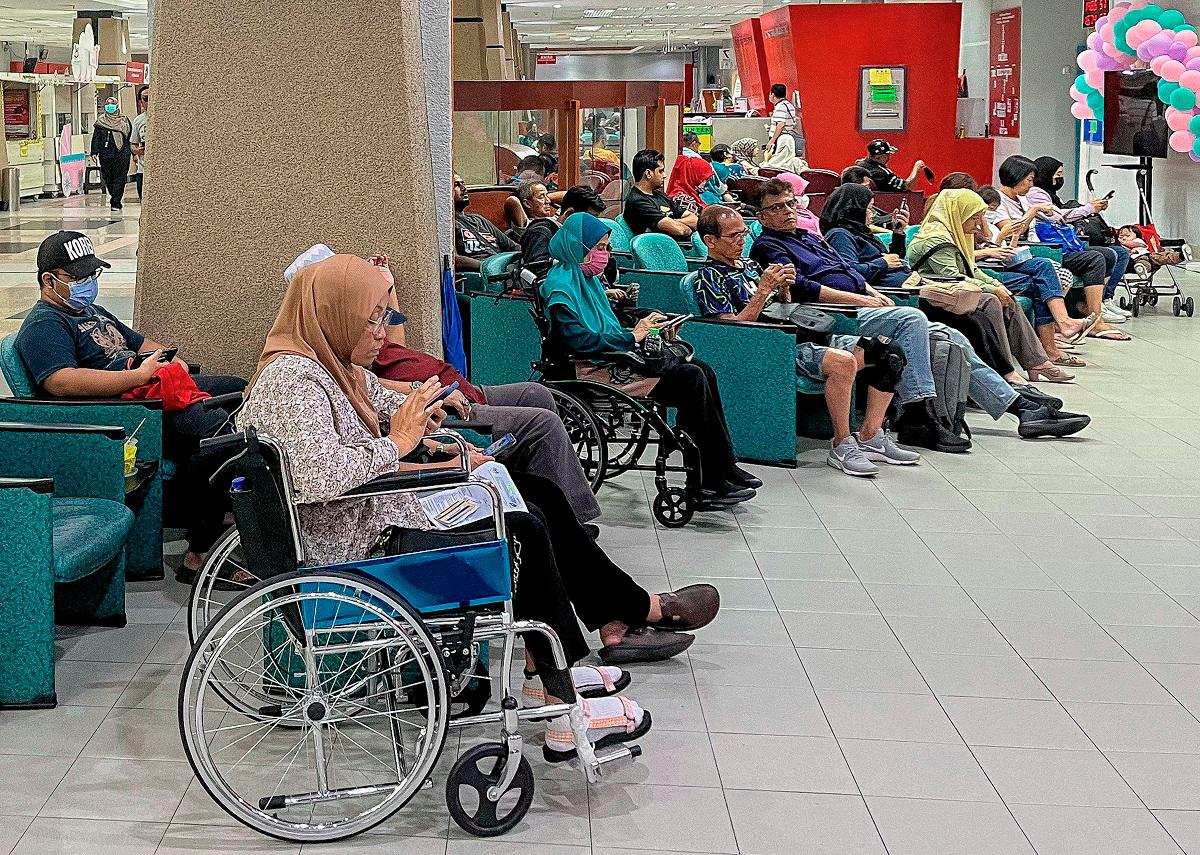PETALING JAYA: The Health Ministry (MOH) has unveiled Malaysia’s first National Policy for Rare Diseases, a framework aimed at improving access to diagnosis, treatment and long-term care for thousands of Malaysians living with often overlooked conditions in the healthcare system.
The policy was designed to strengthen the country’s readiness in dealing with rare diseases, which are typically chronic, debilitating and life-threatening.
“Although each condition is uncommon, collectively rare diseases affect a significant number of Malaysians.
“This policy is about ensuring that no one is left behind, even when the disease is rare and complex,” the ministry said in a statement today.
Under the new definition adopted by MOH, a rare disease is classified as a life-threatening or chronically debilitating condition that affects fewer than one in 4,000 people in the general population.
Globally, the World Health Organisation estimates there are between 6,000 and 8,000 such diseases, with about 60% of them genetic in origin.
Despite their severity, only about 5% currently have an approved treatment, making care especially difficult and expensive.
The National Policy for Rare Diseases sets out a framework built on five major components:
- Early detection and screening to shorten the “diagnostic odyssey,” where many patients wait years for an accurate diagnosis.
- Access to treatment and supportive care, with a focus on equity and affordability.
- Research and innovation to generate new clinical evidence and solutions.
- Capacity building, including training for healthcare professionals, clinical guidelines and strengthened referral networks.
- Establishing a National Rare Disease Database for better planning, monitoring and continuous improvement.
The ministry said the policy was founded on the principle of recognising the severity of the problem and promoting coordinated national strategies.
It was developed through a multidisciplinary effort involving the ministry, universities, government agencies and patient advocacy groups, working in collaboration with the Obstetrics and Gynaecological and Paediatric Services Unit under MOH’s Medical Development Division.
While the document is currently at its pre-launch stage, the ministry stressed that this marks the beginning of a longer journey.
“Implementation will require close coordination across sectors, with ongoing monitoring and refinement as new evidence and approaches emerge.
“The pre-launch is just the beginning. Our commitment is to strengthen equity in healthcare and ensure that no Malaysian is left out,” the ministry said.









